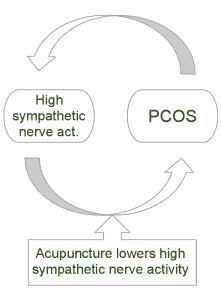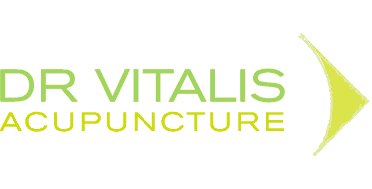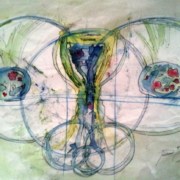How acupuncture heals the root cause of PCOS
 The precise cause of polycystic ovary syndrome or PCOS remains undetermined by the scientific community. However, a compelling new hypothesis has recently emerged regarding its pathogenesis.
The precise cause of polycystic ovary syndrome or PCOS remains undetermined by the scientific community. However, a compelling new hypothesis has recently emerged regarding its pathogenesis.
In addition to the well-established factors of insulin resistance and hormonal imbalance, another process has been identified in women with PCOS: elevated sympathetic nerve activity. Research indicates that this heightened activity is present in PCOS patients.
The sympathetic nervous system innervates and regulates nearly all internal organs, including hormone glands and ovaries. Intriguingly, scientists now suspect that sympathetic hyperactivity might develop prior to hormonal imbalances, potentially serving as the root cause of PCOS.
This information is particularly relevant to my blog, as acupuncture has been studied for its ability to normalise the sympathetic nervous system. It has been shown to restore regular ovulation, particularly in patients with a less androgenic hormonal profile and less pronounced metabolic disturbances.
If you’re seeking assistance with PCOS, it’s crucial to consult an acupuncturist well-versed in these studies and knowledgeable about electro-acupuncture. Improper frequency of stimulation can inadvertently exacerbate sympathetic nervous system activation, which could be detrimental to PCOS patients.
It’s worth noting that sympathetic and parasympathetic nervous system dysfunction might also play a role in the pathophysiology of other conditions, such as irritable bowel syndrome.


